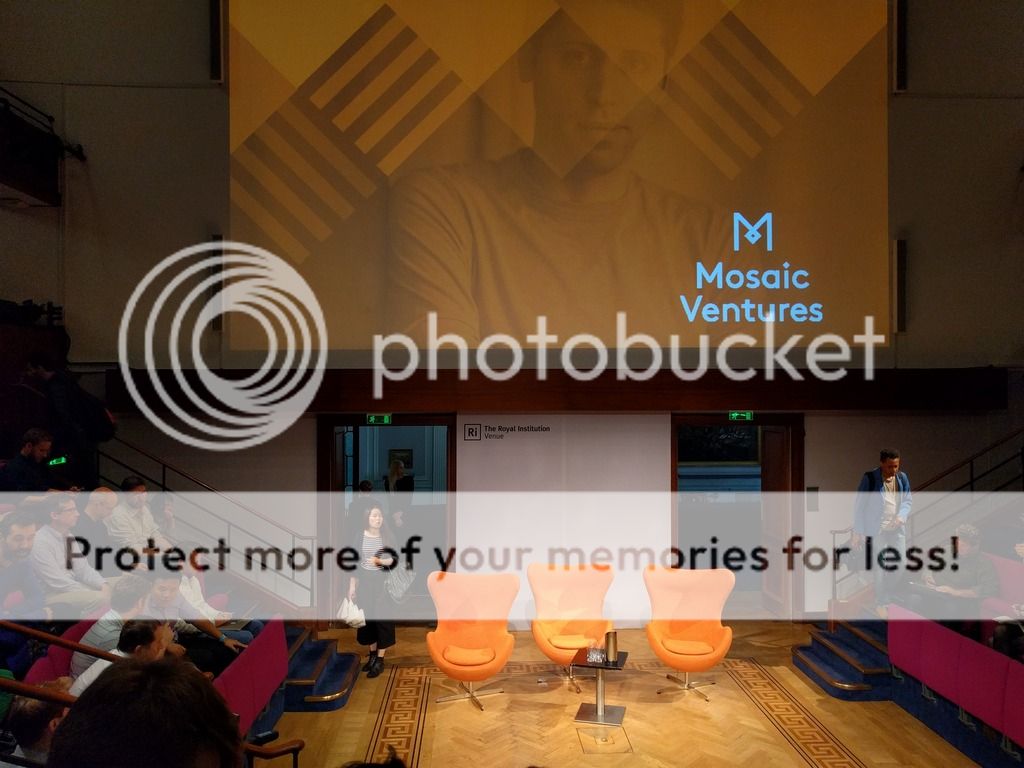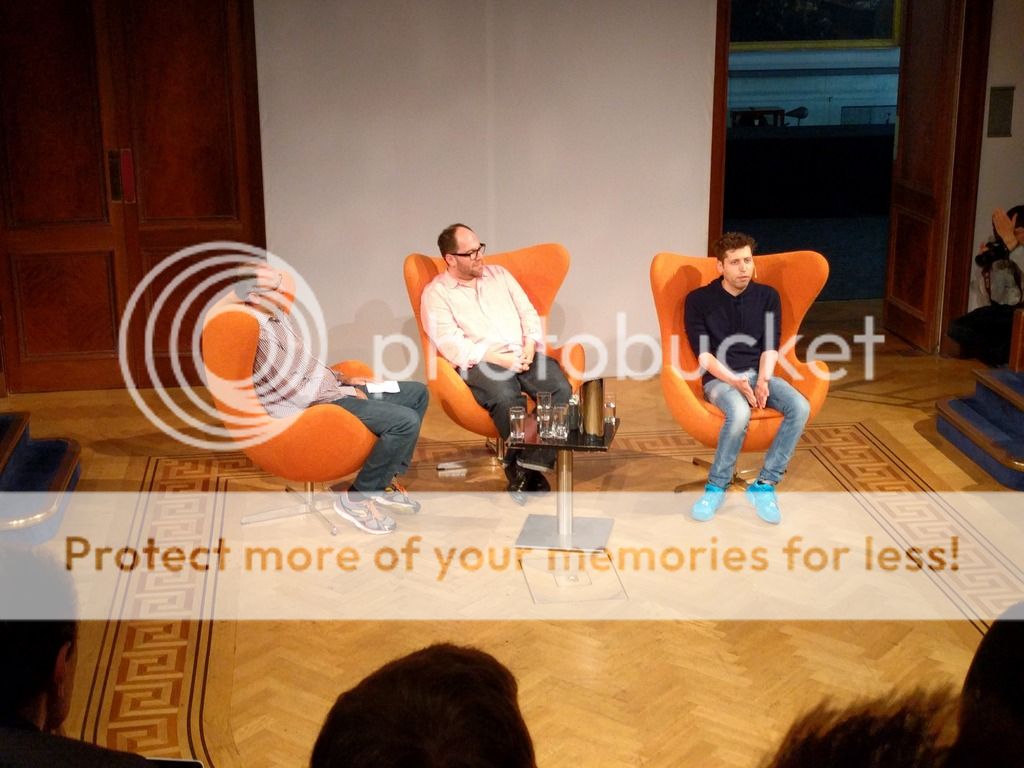3 Important Lessons From 90 Minutes With Sam Altman
President of Y Combinator
I was fortunate enough to catch Sam Altman, the President of Y Combinator (YC), at the Royal Institution of Great Britain (what a location!) in London about 2 weeks ago. The talk and Q&A session (organised by Mosaic Ventures) saw many seasoned and budding entrepreneurs alike gathering to listen to him speak about technology, startups, the future, and everything in between.
Y Combinator is a seed accelerator based in Silicon Valley and they provide seed funding (the earliest stage of venture funding) for startups. Twice a year, they invest $120k in a fairly large number of startups. The startups move to Silicon Valley for 3 months, where YC works with them (everything from working with ideas to dealing with investors) to get them into great shape. At the end of each cycle, the startups present their companies to a carefully selected group of people during Demo Day.
A big part of what makes YC very cool is their alumni network that continues to help founders during the lifespan of their company and beyond it. YC is largely successful, with their companies having a combined valuation of over $65 billion. Their companies include big tech successes like AirBnb, Docker, Stripe, Dropbox, Cruise, and Reddit.
The talk and Q&A session brought up many important talking points and it was a joy to listen to Sam speaking about them. Naturally, there are always lessons (be it about startups or life in general) to take away from an event like this, so here are my top 3!

1. The importance of perseverance
Sam mentioned during his talk that the YC partners ask startup founders why they're working on their startup and even at that high level, they do still get a mix of good and bad answers. Even at medical school interviews, potential medical students are frequently asked, "so, why do you want to study Medicine?".
A reason I believe that this is such a huge question that appears frequently is because when you're going to attempt something very challenging, which has large consequences on others (eg: the lives of patients for future doctors or future customers and investors for startups), people need a reason to see that you have the grit and perseverance to get your mission done. And that grit and perserverance usually doesn't come from external motivations.
It's so easy to forget why you're doing something so it's always important to go back to the roots and ask yourself why. Are you doing "A" because you like it? Are you doing "B" because you want to make money? Or did a group of people pressure you into doing so or you're doing it because everyone else is doing it?
Sam revealed that raw intelligience of the founders of a startup used to be his top criteria to invest in a startup. While it is still in his top 5 criteria, another criteria that he mentioned is perservance. That is why YC actively looks out for hints of that in founders and I believe a good way to begin is to ask them why they're doing what they do.
2. There will be haters and that's okay
Can you believe that even today, some people still think YC is a bad idea? With more than 1000 startups funded since 2005 and having a combined valuation of more than $65 billion plus a portfolio that includes successes like AirBnb, Docker, Stripe, Dropbox, Cruise, and Reddit, you'd think YC is doing something right at least.
But according to Sam, he still gets people giving him shit about how YC is still a bad idea. I do note that it's important to take in constructive criticism but there will always be people who won't like what you do or don't agree with you.
That brings us to the story of AirBnb. Quite a fair bit of investors and even some YC partners thought they couldn't make it, as the idea of renting out your personal space to strangers sounded pretty crazy and wouldn't work. But the founders of AirBnb stuck with their idea, executed it, and the rest is history.
I guess great ideas falls into a Goldilocks zone between a bad idea and good idea; bad so others won't try to compete with you but good enough so it's worth pursuing. I'm sure we are all quite glad Joe Gebbia, Brian Chesky, and Nathan Blecharczyk didn't take the advice of the people who said AirBnb was going to fail and they should jump ship.
3. Tech isn't just software
When I personally speak to people about tech, most of our conversations will naturally shift to software. While great software has exploded in the last 20 years and is playing a great role in our everyday lives, it is important to remember that tech isn't just all about software.
I liked how Sam mentioned in his talk that YC doesn't just fund software companies; YC helps startups build products that people want, regardless of their industry. He also spoke about 3 industries that are going to be huge in the future. Those industries are energy, life sciences, and artificial intelligence (AI).
The sustainable energy problem remains as a huge barrier to solving many of our other problems and universal access to clean, sustainable energy will be another great equaliser for humanity. Breakthroughs in life sciences will see us living longer and healthier lives. Truly capable AI will be one of the most important things that humanity creates and it should be decentralised, which is one of the reasons Sam started OpenAI, a non-profit artificial intelligence research company, with Elon Musk.
Although software will continue to play an important role in our lives, the technological breakthroughs that will help us solve our largest problems isn't going to be just based on software alone. We have to remember that tech isn't just software because there are lots of exciting technological breakthroughs in other industries too.
From gene editing tech CRISPR to more efficient ways of producing solar energy to better batteries, there is plenty to be excited about. While an app that allows you to take photos and videos and disappears after sending them to your friends is cool, I still struggle to see how that is more valuable than a cure for cancer, neurodegenerative diseases, better antibiotics, sustainable energy, and a way to get to Mars.

And that wraps up what I've learnt from 90 minutes with Sam Altman. Being a medical student at the event saw me sticking out like a sore thumb among the crowd, but the experience of listening to Sam's insights about Y Combinator, tech, startups, and the future was sure as hell worth it!
No comments
Post a Comment